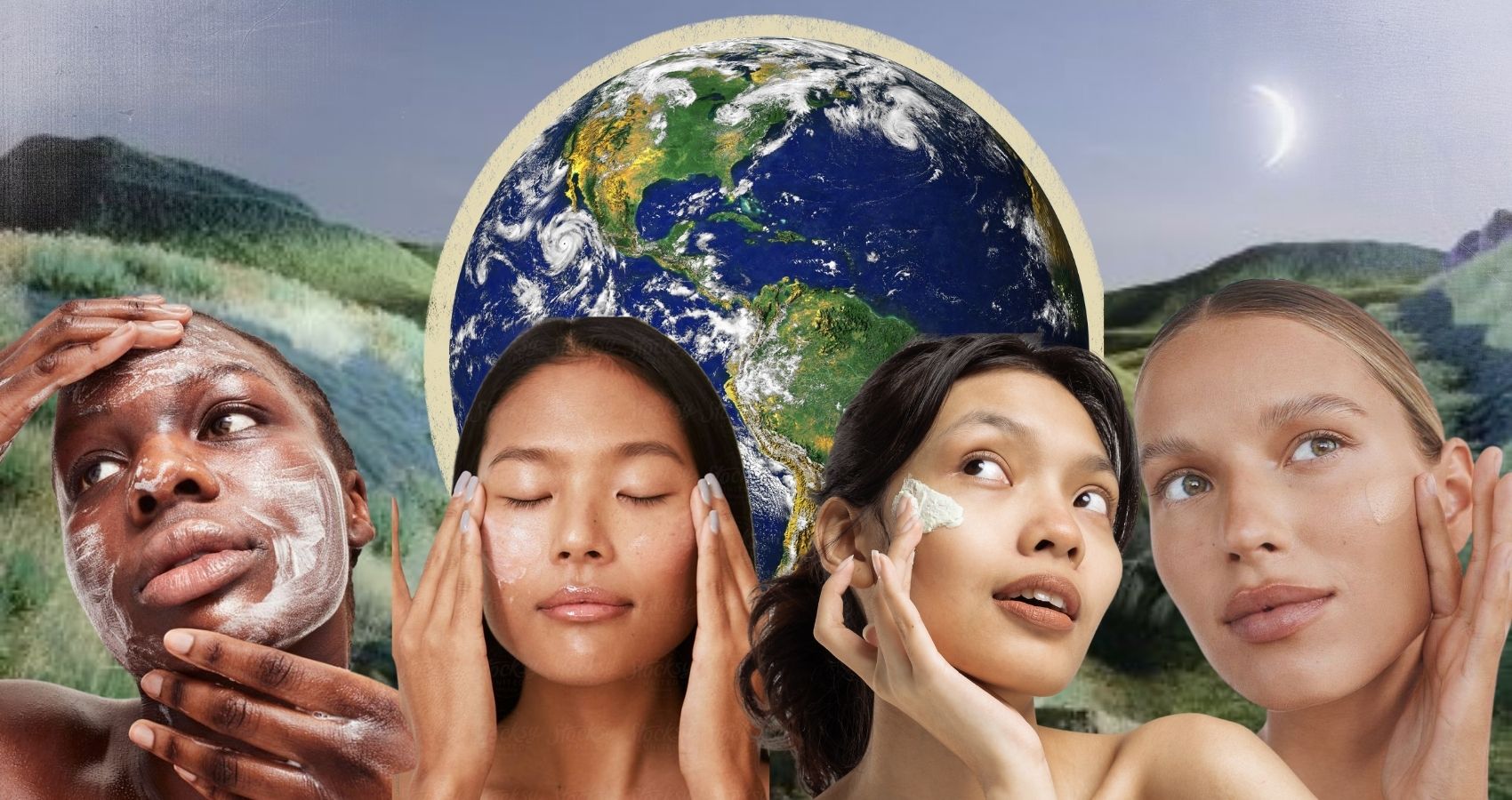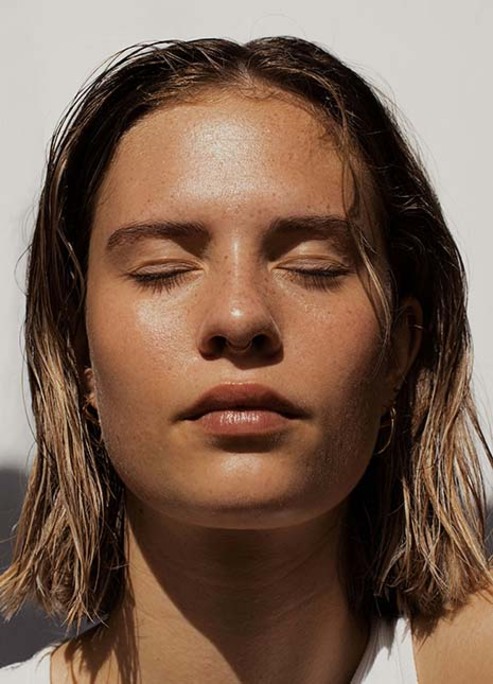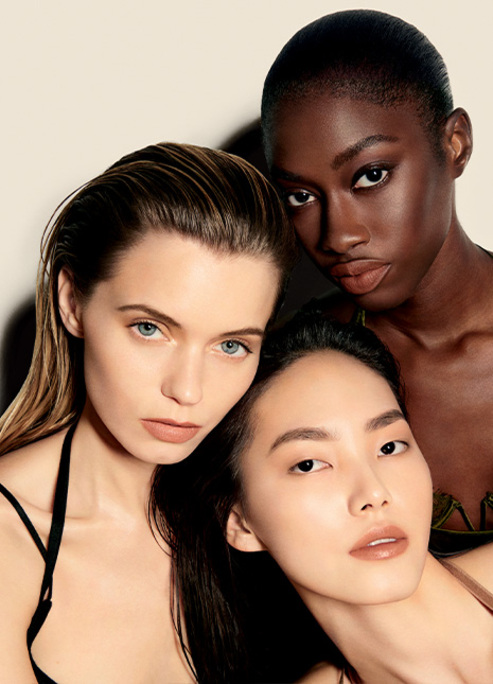
Global Glow: 5 Cultural Beauty Rituals from Around the World
Radiant skin from traditions.
It's fascinating to observe the varied beauty standards across cultures, particularly in the realm of skincare. I'm eager to introduce you to the diverse array of cultural rituals hailing from different corners of the globe.
Japanese Geisha Skincare:
A Japanese geisha is a skilled female performer in Japan, well-versed in a range of traditional arts such as classical music, dance, games, and conversation. The term "geisha" translates to "artist" or "person of the arts" in English. Geishas go through extensive training to excel in these disciplines, aiming to develop grace, elegance, and a deep understanding of cultural refinement.
Their skincare involves rice bran and camellia oil. The camellia oil is mixed with rice bran oil and wakame (Japanese sea kelp) to moisturize the skin and fight the signs of aging. Both oils are rich in fatty acids, providing moisturization to the skin. They help maintain the skin's natural hydration levels, preventing dryness and flakiness.
They are also packed with antioxidants such as Vitamin E. This can slow down the aging process and contribute to a more youthful appearance. Both oils are also non-comedogenic, meaning they won't clog pores. This makes them suitable for various skin types, including those prone to acne, as they hydrate without causing breakouts.
Korean 10-Step Skincare Routine:
Korea is known for the best skincare; I know because I have tried a few, and what amazes me is they have their own 10-step skincare routine. The routine starts with an oil-based cleanser used to eliminate makeup and sunscreen, effectively lifting away oil-based impurities. Then use a water-based cleanser; the cleanse helps by removing any impurities from your skin.
Use a gentle exfoliation in your routine 2-3 times a week; the exfoliator helps eliminate dead skin cells and stimulate skin renewal. To restore balance and hydration, apply a toner.
Introduce into your skincare a lightweight and hydrating product infused with active ingredients, nourishing and preparing your skin for further treatments.
Incorporate a serum or ampoule, tailoring the treatment to address specific skin concerns such as hydration, brightening, or anti-aging.
Add to your routine with a sheet mask 1-2 times a week, delivering a blend of nutrients and moisture to rejuvenate your skin.
Pay attention to delicate areas around the eyes by applying an eye cream and tackling concerns like dark circles, puffiness, or fine lines.
Seal the skin with a moisturizer, locking in hydration and creating a protective barrier for your skin. Finish your regimen with broad-spectrum sunscreen during the day, safeguarding your skin from UV rays and blocking premature aging and sun-related damage.
Moroccan Argan Oil:
Morocco, renowned for its argan oil, proves to be a true treasure. The extraction and utilization of Argan oil have been in Moroccan culture for centuries, playing a pivotal role in traditional medicine, culinary practices, and beauty rituals. This liquid gold, Moroccan Argan oil, stands out for its nourishing and moisturizing qualities. Filled with essential fatty acids, antioxidants, and vitamin E, it becomes a skincare must-have, offering hydration, inflammation reduction, and effective anti-aging benefits.
During my visit to Morocco in 2020, a fortunate encounter at a local pharmacy became a game-changer. The pure argan oil I obtained from there proved to be a godsend, especially for my acne troubles. Making it a part of my daily skincare routine, I witnessed a remarkable transformation in just a week—my skin cleared up significantly.
To ensure the authenticity of the argan oil, the pharmacist shared a valuable tip: look for floating bits at the bottom of the bottle. This indicates purity, guaranteeing that the oil has not been tampered with. Morocco's argan oil, a versatile beauty secret deeply embedded in tradition, not only transforms skincare routines but also serves as a testament to the cultural richness and efficacy of age-old practices.
Nigerian Shea Butter:
Shea butter, made from the nuts of the shea tree, has been essential in skincare and beauty practices in Nigeria and other parts of West Africa for centuries. Shea butter has so many benefits; it’s hard to not want to use it.
Shea butter can be used as a daily moisturizer to keep the skin soft and well-hydrated. It can be applied to the face, body, and hands to combat dryness and promote overall skin health.
It’s believed to have healing properties, and it is often used to treat various skin conditions such as eczema, psoriasis, and dermatitis. Its natural anti-inflammatory and moisturizing qualities make it a go-to remedy.
You might use shea butter for lip care as it is commonly used to moisturize and protect the lips. It is applied as a natural lip balm, providing relief from chapping and dryness.
I know from experience that shea butter can be used to prevent or minimize stretch marks. The butter's properties are believed to promote skin elasticity, especially during pregnancy. I used it while I was pregnant and it helped reduce the stretch marks I received, and even after 9 months, they are fading.
French Elegance in Skincare:
French elegance in skincare is characterized by elegance and simplicity. French skincare focuses on natural and effortless beauty. The aim is to enhance natural features rather than covering them with heavy makeup.
French women often invest in quality skincare items rather than loads of products, valuing effectiveness over quantity. French skincare prioritizes a daily skincare routine that includes cleansing, moisturizing, and sun protection.
Sun protection is essential in French skincare. The French often use sunscreen daily to protect their skin from harmful UV rays, preventing aging and maintaining a healthy complexion.
Skincare extends beyond products to encompass lifestyle habits. Hydration, a balanced diet, and regular exercise are seen as essential components of achieving and maintaining beautiful skin.
French skincare is influenced by the country's rich cultural history. Many skincare ingredients and techniques have been passed down through generations, reflecting an appreciation for tradition and heritage.










